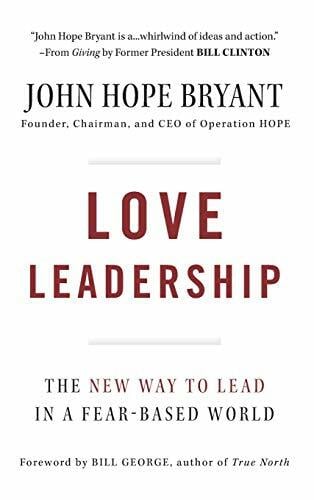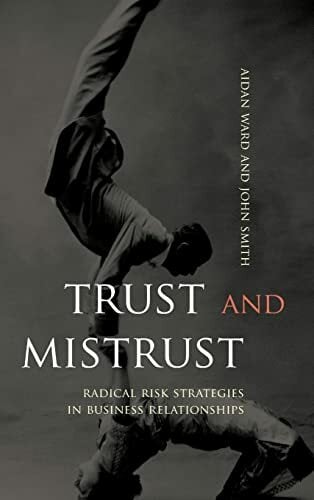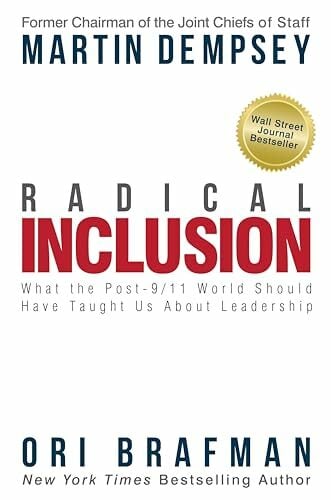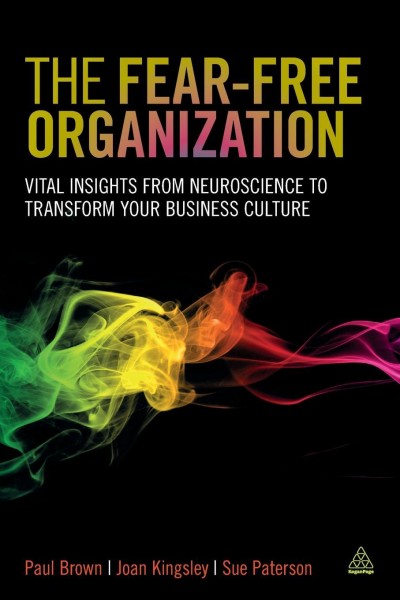
Fear-Free Organization
Kurzinformation
inkl. MwSt. Versandinformationen
Artikel zZt. nicht lieferbar
Artikel zZt. nicht lieferbar

Beschreibung
Evidence from neuroscience shows that individuals and organizations are more successful when people are encouraged to take risks, explore new ideas, and channel their energies in ways that work for them. And yet many organizations are filled with bullies, vicious gossip, undermining behaviours, hijacking tactics, political jockeying for position, favouritism and other factors that instil fear and impede productivity. It is no wonder that organizations are actively looking at how they can improve and maintain the psychological health and wellbeing of their employees to the benefit of all concerned. The Fear-free Organization reveals how our new understanding of the neurobiology of the self - how the brain constructs the person - can transform for the better the way our businesses and organizations work. Academic yet accessible, The Fear-free Organization addresses head on the issue that scared people spend a lot more time plotting their survival than working productively. The book helps leaders understand the neurobiology of fear, face the damage it is doing, and replace it with building relationships, managing energy flow and fostering trust. It guides you in making your workplace one that's full of energy, not adrenalin; focused on possibility, not profit; and generates independent thinking, not obedience so you can promote the psychological wellbeing that is strongly correlated with greater energy, motivation and better cognitive function. von Brown, Paul
Produktdetails

So garantieren wir Dir zu jeder Zeit Premiumqualität.
Über den Autor
Dr Paul Brown has worked as a clinical and organizational psychologist for fifty years with an international practice that has taken him throughout Europe, the USA, Singapore, Hong Kong, Indonesia, China, Vietnam and Lao PDR. He is Visiting Professor in Organizational Neuroscience at London South Bank University - the first such appointment in the UK. He lives in Laos, where he acts as an adviser within the advisory office of the Prime Minister; works substantially in Vietnam with the Vietnam Veterans of America Foundation concerned with the legacy effects of war; is Expert Adviser to the International Energy Research Centre at the Tyndall Institute, Ireland; and teaches regularly in England and Ireland. He is the co-author of Neuropsychology for Coaches (Open University Press). Joan Kingsley is a consultant clinical and organizational psychotherapist who has spent the past 25 years doing research into the links between brain systems and our psychological lives. She practices as an Executive Coach and works with senior management in business organizations. She is Vice President of a New York based business and sits on the Boards of two UK organizations. Sue Paterson is a consultant with a deep understanding of how to live and work successfully in different cultures, and how different organizations work (or not). She has also worked in HR, leading a team delivering talent management, leadership development and recruitment to over 5,000 staff based in Europe.
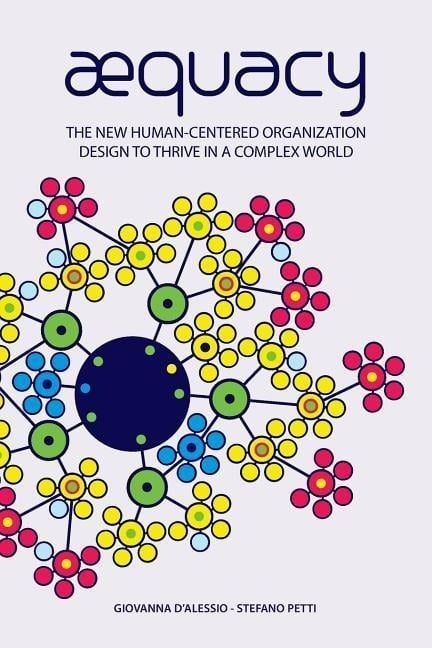
- Taschenbuch
- 246 Seiten
- Erschienen 2018
- Asterys

- paperback
- 528 Seiten
- Erschienen 2007
- Sage Publications, Inc

- Gebunden
- 326 Seiten
- Erschienen 2022
- Carl Hanser Verlag GmbH & C...

- Gebunden
- 273 Seiten
- Erschienen 2012
- Gabler Verlag

- hardcover
- 438 Seiten
- Erschienen 1991
- Jossey-Bass Inc.,U.S.

- Kartoniert
- 309 Seiten
- Erschienen 2015
- Beltz

- Hardcover
- 304 Seiten
- Erschienen 1992
- Jossey-Bass Inc.,U.S.

- Gebunden
- 224 Seiten
- Erschienen 2020
- HarperCollins Leadership

- paperback
- 382 Seiten
- Erschienen 1993
- Harvard University Press

- Kartoniert
- 140 Seiten
- Erschienen 2007
- Hogrefe Verlag

- Kartoniert
- 566 Seiten
- Erschienen 2015
- Springer VS








